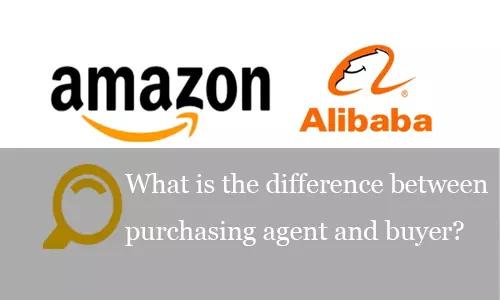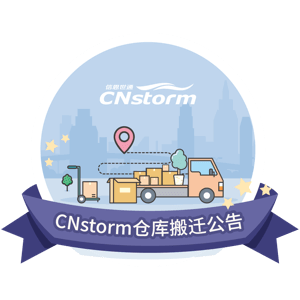Tags :
Chinese Purchasing Agent
Sourcing agents
Unveil the Secrets of Procurement! Learn how Purchasing Agents and Buyers find the best deals and quality products.
A purchasing agent and a buyer both play essential roles in the procurement process, but they have distinct responsibilities and functions within an organization or industry.
The key differences between purchasing agent and buyer
1. Role and Responsibilities:
Purchasing Agent: A purchasing agent, also known as a procurement agent or procurement specialist, is typically an individual or a team responsible for sourcing and procuring goods and services on behalf of an organization. Their primary role is to identify suppliers, negotiate contracts, and facilitate the purchase of materials, products, or services at the best possible terms, including cost, quality, and delivery.
Buyer: A buyer is an individual or a role within an organization responsible for selecting and purchasing specific products or materials. Buyers focus on the tactical aspect of procurement and often follow established guidelines and strategies to procure the items needed for their organization. They may not have the broader responsibilities associated with sourcing and supplier management that a purchasing agent has.
2. Scope of Responsibilities:
Purchasing Agent: Purchasing agents often have a broader scope of responsibilities that encompass strategic sourcing, supplier evaluation and management, negotiation, contract management, and supply chain optimization. They are involved in long-term planning and decision-making related to procurement.
Buyer: Buyers typically have a narrower focus and handle day-to-day transactions, such as processing purchase orders, tracking inventory levels, ensuring timely delivery of goods, and managing relationships with specific suppliers. Their role is more operational in nature.
3. Supplier Relationships:
Purchasing Agent: Purchasing agents build and maintain relationships with a wide range of suppliers. They often engage in strategic partnerships, assess supplier performance, and work on long-term supplier development.
Buyer: Buyers usually have relationships with a subset of suppliers that provide the products or materials they are responsible for procuring. These relationships may be more transactional in nature.

4. Decision-Making Authority:
Purchasing Agent: Purchasing agents typically have a higher level of decision-making authority when it comes to selecting suppliers, negotiating contracts, and making strategic decisions that impact the organization's procurement strategy.
Buyer: Buyers make decisions within the scope of their specific purchasing responsibilities but may not have the authority to make broader strategic decisions related to procurement.
In summary, while both purchasing agents and buyers are involved in the procurement process, purchasing agents typically have a broader and more strategic role, whereas buyers focus on the operational aspects of procurement for specific products or materials. The level of responsibility, authority, and scope of their roles can vary depending on the organization's structure and the industry in which they work.
Recommend 3 high-quality purchasing agents from China
- CNstorm: CNstorm is a purchasing agency website established in 2011. It aims to provide overseas Chinese with Chinese product purchase and global express delivery services that can be paid in multiple currencies. CNstorm adheres to customer-centricity and provides comprehensive, convenient and affordable product purchasing services for overseas students and Chinese groups by optimizing channel costs, time costs and other comprehensive shopping costs. Whether it is food, daily necessities, clothing, or shoes, CNstorm can provide you with convenient and fast purchase and transportation services.
At the same time, CNstorm also supports payment in multiple currencies, making your shopping more convenient. We not only provide professional purchasing consultation, but also provide customers with considerate after-sales service to make your life overseas easier and more enjoyable.
- Depop: Depop is a mobile e-commerce platform focusing on the second-hand market, with a unique community style and fashion taste. It provides users with a simple and easy-to-use interface that helps users easily resell or buy second-hand items. Depop's purchasing service is relatively niche, but the quality is guaranteed and the price is relatively low.
- Artfia: Artfia is a small purchasing service provider that focuses on handcrafting and unique design. It mainly purchases various handicrafts, hand-painted home furnishings, handmade jewelry and other high-end customized products. Although relatively niche, Artfia's purchasing service is very professional and reasonably priced.




 CN - Shenzhen Warehouse
CN - Shenzhen Warehouse








 Announcement of 2019 Spring Festival Holiday
Announcement of 2019 Spring Festival Holiday